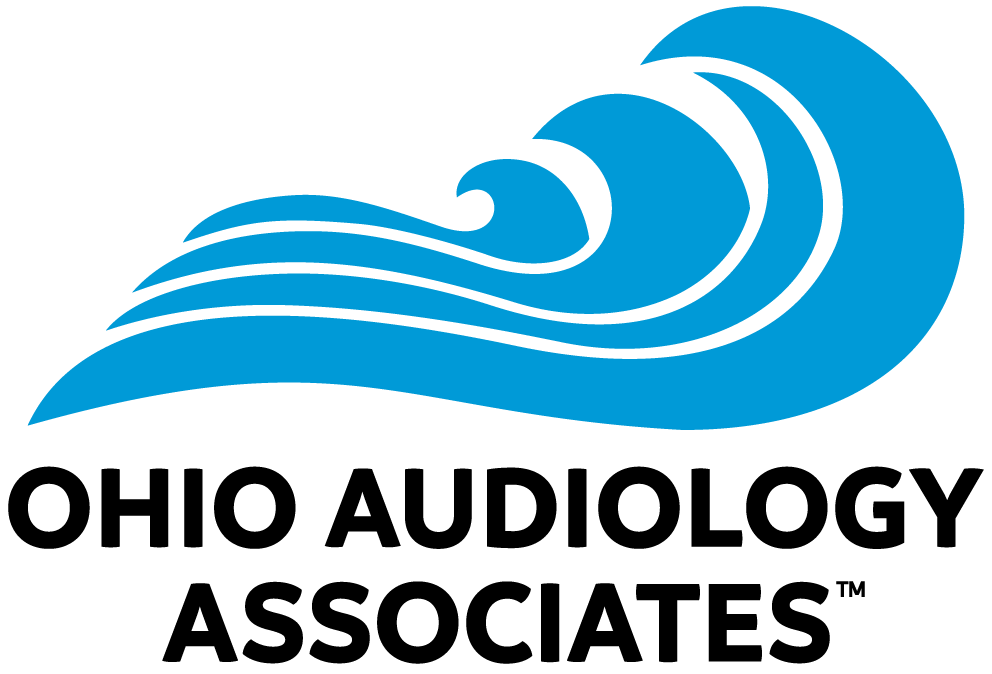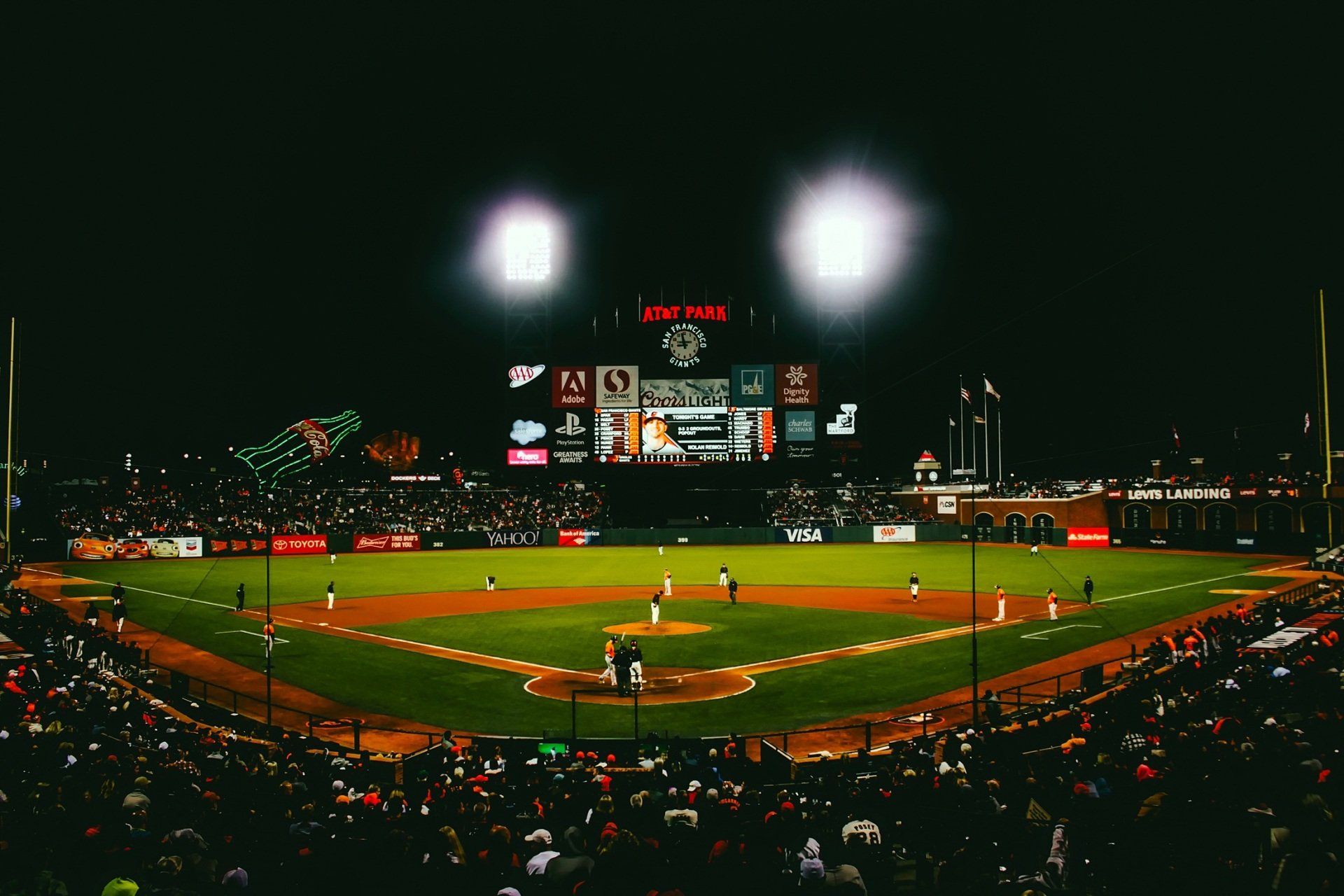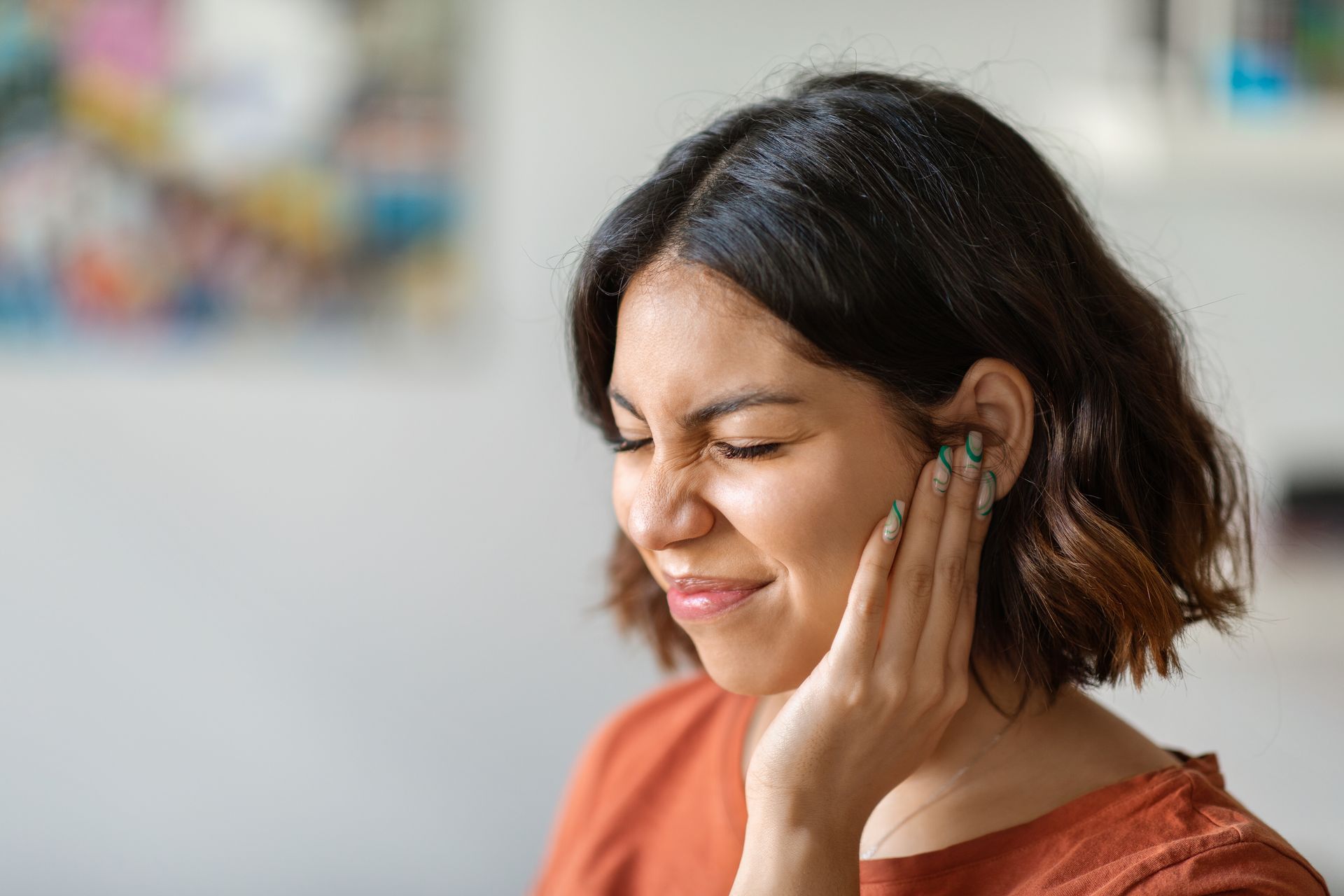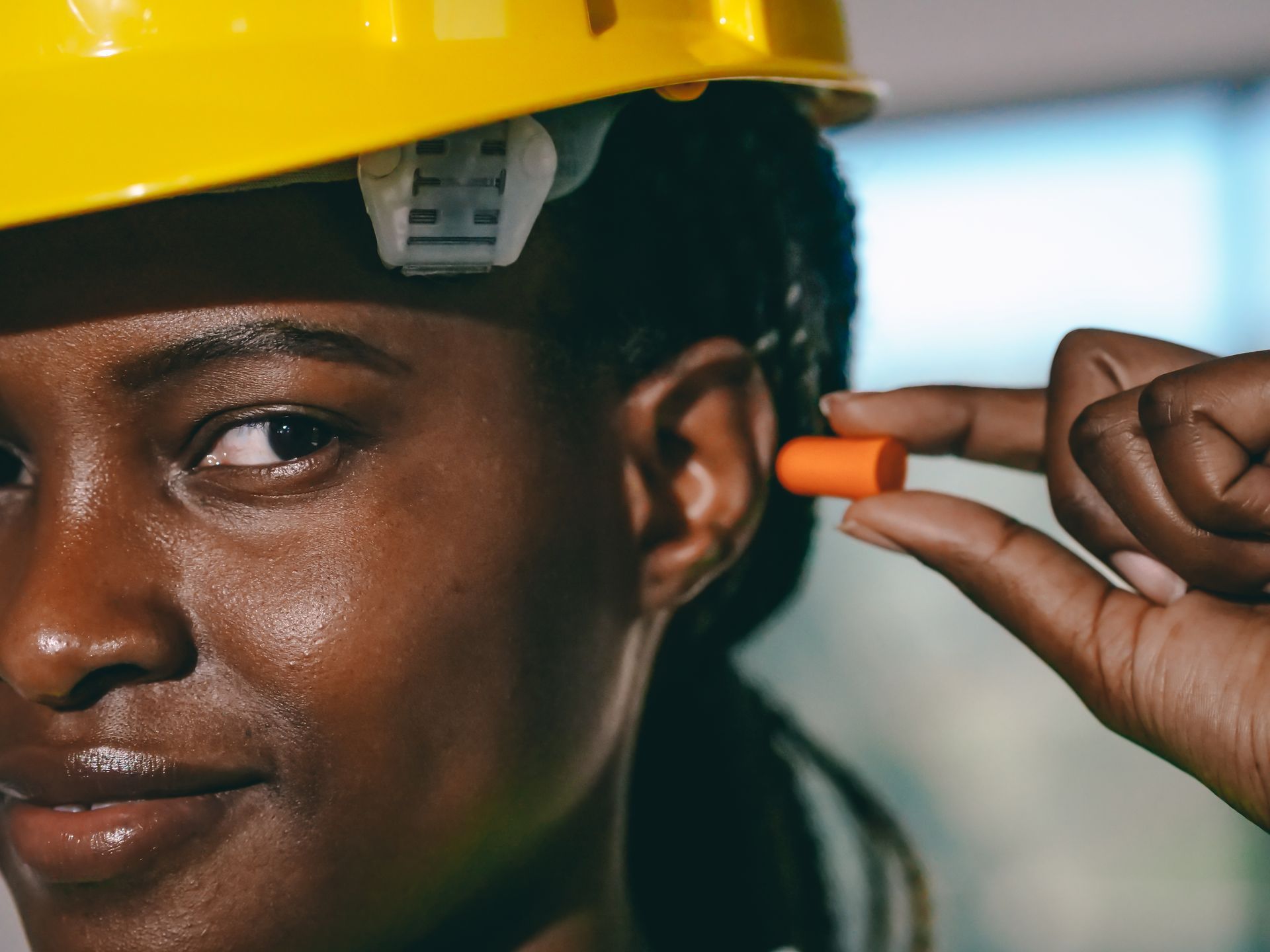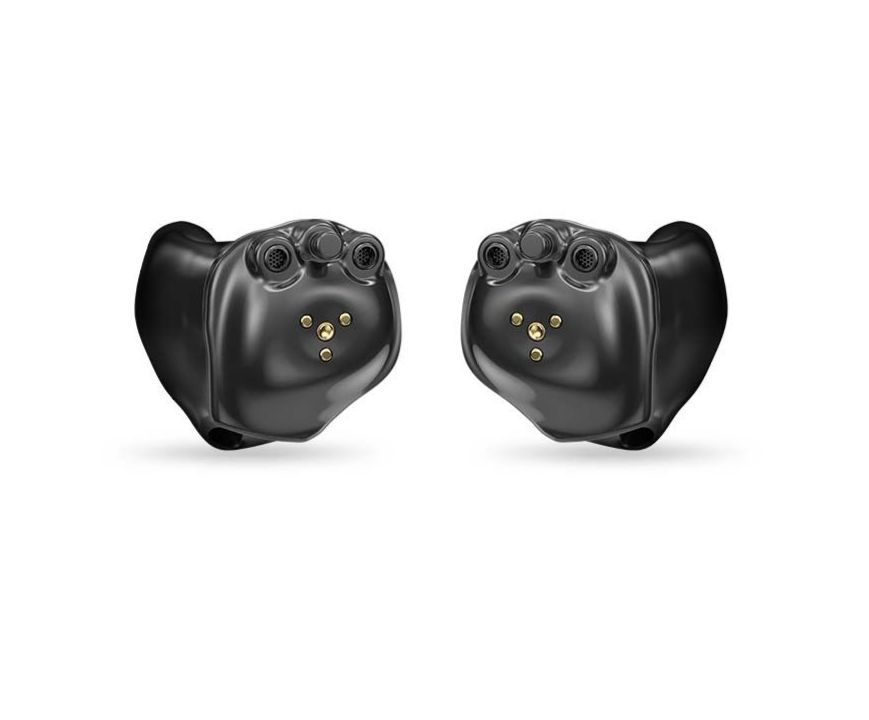CUSTOM HEARING PROTECTION
Since laws were enacted in the 1970s to deal with workplace noise, we have become more aware of the danger of noise in our work environments. But outside of work there is still damaging noise all around.
Common sources of noise in the recreational environment
- Sporting Activities
- Outdoor Shooting
- Live And Recorded Music
How noise can damage your hearing
Noise-induced hearing loss (NIHL) is caused by exposure to loud sounds, which may occur in one or both ears. It may happen immediately after hearing a loud noise — like a bomb explosion. However, NIHL is more likely triggered by listening to elevated sounds over a prolonged period.
Experts measure sound in units called decibels (dB): those that register under 75 dB, are harmless. However, things change when the levels get to 85dB and above. Repeated exposure to these elevated sounds can result in damage. The louder the sound, the less time it takes to inflict the harm.
Here's an idea of the sound rates of certain activities:
- Normal conversation – 60dB
- Heavy traffic – 70 to 85dB
- Motorcycle – 90dB
- Listening to full-volume music through headphones – 100 to 110dB
- Plane taking off – 120dB
What you should do to prevent noise-induced hearing loss
Hearing loss may not always be avoidable, as some accompany the aging process. Hearing loss due to exposure to excessive noise can be prevented entirely. Here are steps you can take to help stop noise from permanently affecting your hearing.
- Avoid noise. Remain as far away as possible from excessive noise.
- Listen to music responsibly. Follow the 60/60 rule: listen to music at 60% volume for a maximum of 60 minutes before taking a break.
- Protect your hearing during noisy activities and events. Earplugs help immensely in these cases.
- Get your hearing tested regularly. The faster you can identify hearing loss, the sooner you can do something about it.
- Get custom hearing protection molded for your ears!
Custom hearing protection is best.
Custom hearing protection is a protective ear plug made from an impression of your ear. This means you get a fully customized fit.
While standard store-bought earplugs will reduce the volume and protect the ears, custom earplugs are much more comfortable, reduce sound more efficiently, and cost you and the environment far less in the long run.
We can create custom-fitted hearing protective devices for many kinds of activities:
- Protection For Hunters
- Protection For Musicians
- Protection For Swimmers
- Protection At Work
Whether you're exposed to noise during work or play, protecting your ears with custom-fit hearing protection is always a good idea. Contact us today to learn about our full range of options.
